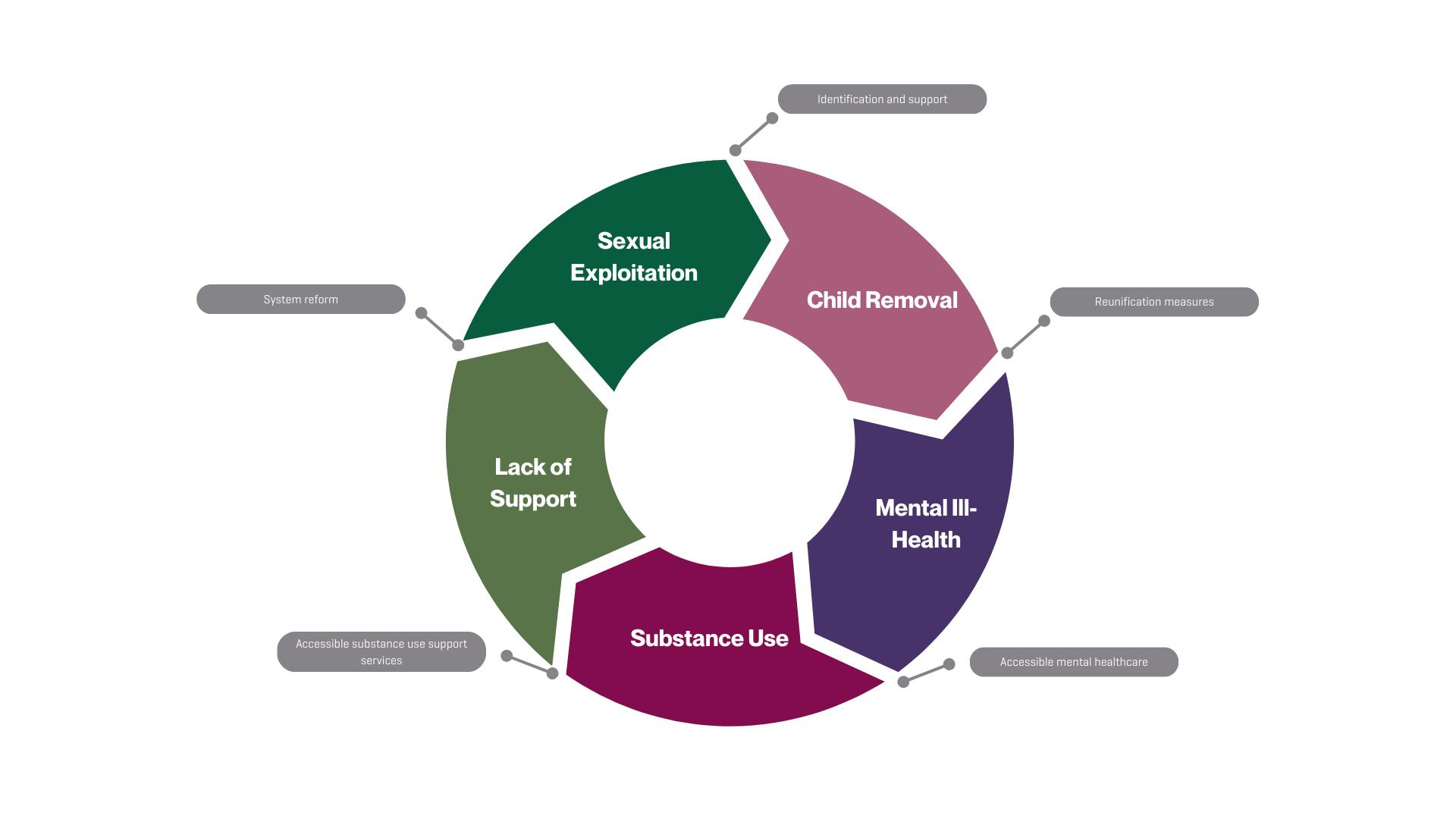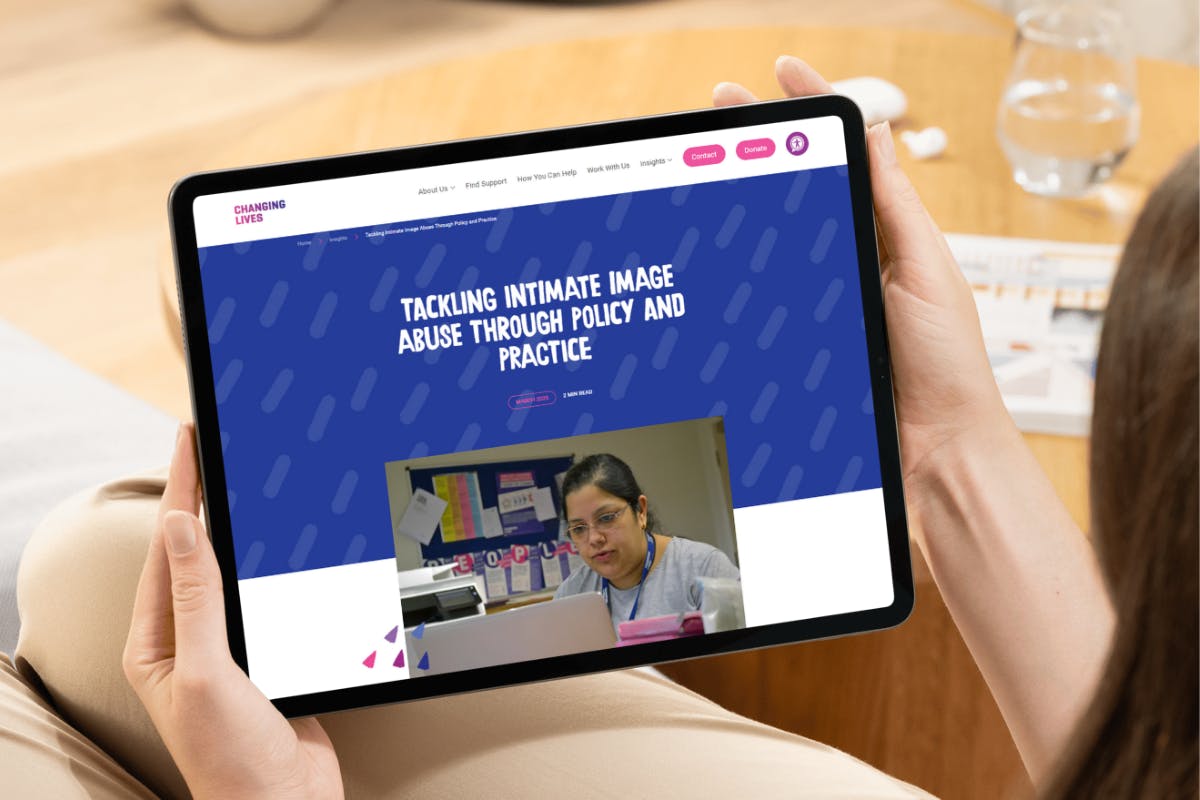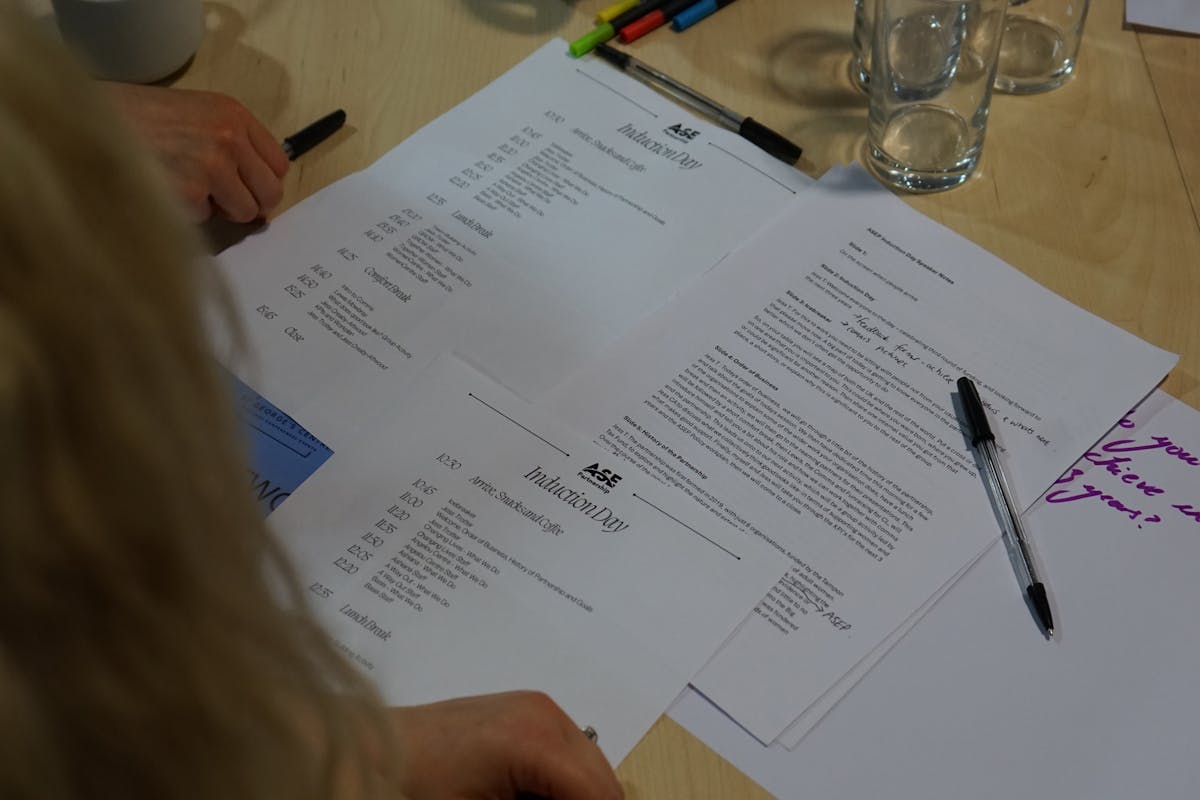The ASE Partnership’s recent report Breaking the Cycle highlights how women who have experiences of both sexual exploitation and substance use are often let down by support systems. This can trap them in a cycle of further trauma, mental ill-health, child removal and further substance use and exploitation. Without early intervention or appropriate support systems being put into place, victim/survivors are left feeling as though they are being set up to fail with no way out of this cycle.
However, at each stage, intervention measures and support could be put in place to break this cycle.


“Most of my clients have disclosed that they use substances to cope with everyday life and to block out painful memories of the past.”
For some women supported by the ASE Partnership, substances were used to directly facilitate the exploitation and abuse they experienced. This may be through forced use or the exploitation of a pre-existing addiction that formed part of their abuse. For others, perpetrators construct or manipulate drug debts to initiate exploitation. And for others, substances may be used as a coping mechanism or self-medication due to the significant and complex trauma they have experienced.
The overlap between women supported by the Partnership who have experienced child removal who also identified a substance use was significant at 72.7%. We recognise that in many cases child removal is the safest option for the child when exploitation and abuse is ongoing. However, we have found that early intervention to prevent this, or support for the mother following the child removal is often missing. This has led to a cycle of increased trauma for the victim survivor who then rely on substances as a coping mechanism due to the failure of other systems to support them. This then puts them at higher risk of perpetration of sexual exploitation.
The women supported by the ASE Partnership who have experiences of using substances face significant barriers to accessing housing, healthcare and recovery services.
- They are labelled ‘too complex’ or ‘too high risk,’
- There is a lack of understanding of ASE,
- Services are over-stretched and underfunded,
- Services have a ‘one-size-fits-all’ approach.
We must listen to the voices of lived experience, offer truly person-centred approaches to support, and address root causes of exploitation. Without meaningful early intervention and system reform this cycle will continue.
You can find the full report with policy recommendations here.
The ASE Partnership, supported by the National Lottery Community Fund, brings together charities Changing Lives, The Angelou Centre, Ashiana, GROW, A Way Out, Together Women, Basis Yorkshire and WomenCentre.






